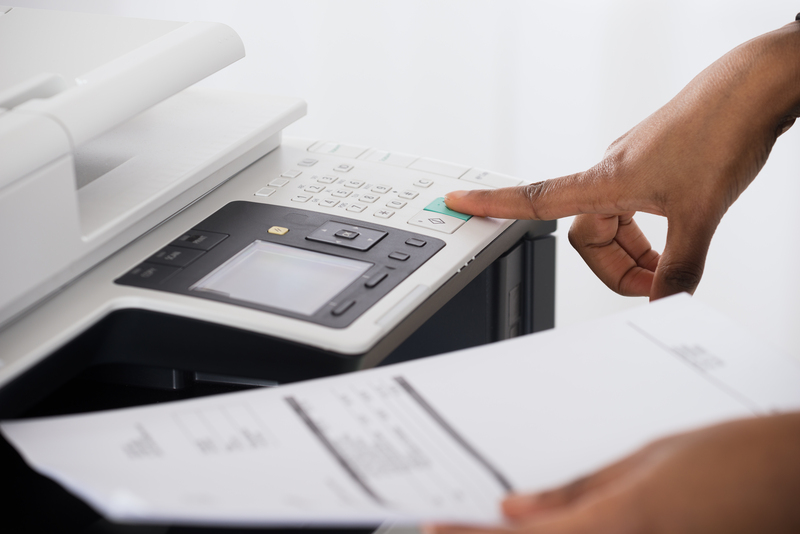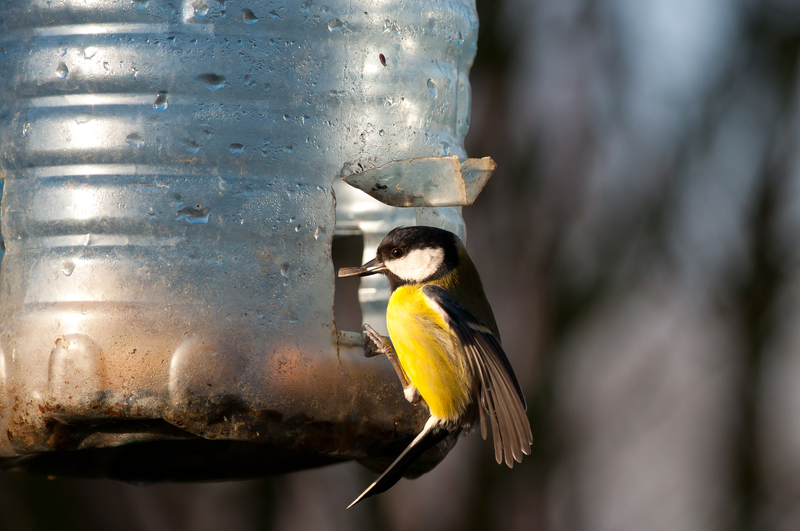Revamp Your Home Recycling Routine Today
Are you doing enough to promote sustainability at home? With rising concerns about the planet's health, it's time to transform your recycling habits and make a real impact. This comprehensive guide will help you revamp your home recycling routine today, ensuring you're not just tossing items into separate bins, but making informed, effective choices that truly benefit the environment.
Why Should You Rethink Your Recycling Habits?
Many households believe that simply separating waste is enough. However, most curbside recycling programs report huge amounts of contamination, mis-sorted items, and untapped opportunities for improvement. *Modernizing your recycling routine* isn't just about compliance; it's about maximizing environmental impact and reducing your carbon footprint.
The Environmental Imperative
Recycling saves energy, conserves resources, and helps keep landfills from overflowing. By enhancing your efforts at home, you contribute to:
- Reduced greenhouse gas emissions
- Conservation of precious raw materials
- Lower demand for landfill space
- Cleaner air and water quality in your community

Steps to Revitalize Your Home Recycling Routine
Ready to modernize your recycling routine? Below are actionable steps and smart strategies that help you revamp your home recycling rituals -- from understanding what's recyclable, to making it effortless and even enjoyable for your household.
1. Get to Know Local Recycling Guidelines
First, learn your local rules. Not all municipalities accept the same materials, so what's recyclable in one city may be landfill-destined in another. Study materials from your city's public works office, or use apps and websites that provide region-specific guidance on recycling.
- Check if plastics #1-7 are accepted: Some regions only recycle certain numbers.
- Learn about glass and paper acceptance: Not all facilities process these materials.
- Stay updated on collection schedules: Understand when pickups occur or where drop-off centers are located.
2. Set Up a Strategic Sorting Station
You're less likely to recycle if it's inconvenient. Set up a dedicated recycling station with clear labeled bins in a prominent place. Try these tips to optimize your space:
- Separate bins for paper, plastics, glass, and metals
- Lid labels (with >bold, color-coded visuals) for easy sorting
- A small bin for hazardous items (batteries, e-waste)
- Countertop compost bin for food scraps (if composting too)
3. Eliminate "Wishcycling"
*Wishcycling*--tossing items into the recycle bin hoping they'll be processed--only causes more harm. Make sure you're only placing accepted materials in the right bins. If in doubt, look it up or contact your local service.
4. Clean and Dry Your Recyclables
The #1 reason for contaminated recyclables? Residue and moisture. Take the time to rinse containers and let them dry before sorting. Leftover food or liquids can ruin a whole batch of carefully-sorted materials.
- Rinse out jars, cans, and bottles
- Flatten boxes and cartons after removing any plastic liners or tape
- Allow all items to air-dry completely
5. Compost Where Possible
Not everything is meant for your recycling bin--food-soiled paper, peels, and coffee grounds are better suited to composting. By starting a compost bin, you'll eliminate unnecessary waste from your trash and create a valuable resource for your garden.
Creating an Engaging Household Routine
Sustainable habits are easier to maintain when everyone in the house is involved. Make your new recycling routine a team effort with the following strategies:
Host a Recycling Refresher
- Hold a short family meeting to review what goes in each bin
- Create a fun quiz or set rewards for sorting correctly
- Share the environmental benefits of good recycling with all ages
Get Creative with Signage and Storage
- Stock up on *bright labels* and illustrated guides for bins
- Repurpose baskets or crates as stylish sorting stations
- Rotate family members in charge of taking out recycling or compost each week
Advanced Tips to Upgrade Your Recycling Program
Once you've nailed the basics, go the extra mile to revamp your household recycling approach even further:
Seek Out Specialized Recycling Centers
- Drop off batteries, light bulbs, electronics, and hazardous waste at specialty centers
- Use mail-in recycling programs for ink cartridges, textiles, or plastics
- Find a location for #5 or #6 plastics if your curbside program doesn't accept them
Refuse and Reduce Ahead of Recycling
Recycling is essential, but *prevention is even better*. Practice the first two R's:
- Refuse: Say no to single-use plastics, unnecessary packaging, and disposable utensils
- Reduce: Buy in bulk, choose products with minimal or compostable packaging, and avoid impulse purchases that create waste
Repurpose and Reuse at Home
Before placing an item in the recycling bin, see if it can serve another purpose at home:
- Use glass jars as food storage containers or vases
- Turn cardboard boxes into drawer organizers
- Use old t-shirts as cleaning rags
Embrace Recycling Technology
Smart apps and online tools can help you track your progress and learn more about responsible recycling. Try:
- Recycling games and challenges for kids
- Digital guides to materials accepted in your area
- Apps that reward or track eco-friendly behaviors
Common Recycling Mistakes (And How to Avoid Them)
Even the most eco-conscious households make mistakes that can hinder the entire process. Here are some of the top errors--and how you can fix them:
- Throwing plastic bags in the curbside bin: Recycle these at designated supermarket drop-offs.
- Recycling pizza boxes or greasy paper: The oils contaminate the load--compost them if possible.
- Leaving bottle caps on: Unless your program says otherwise, remove and discard caps separately.
- Bagging recyclables: Most facilities want recycling loose, not bagged (unless bags are specifically accepted).
How to Make Your New Routine Stick
Changing habits is tough--especially for the whole family. Here's how to ensure your improved home recycling system becomes second nature:
Start Small but Stay Consistent
- Begin with one material type (like plastics), then expand
- Set personal or family goals (reduce landfill waste by X% in six months)
Track Your Progress
- Weigh your trash and recycling each week to see the difference
- Chart your achievements and celebrate milestones
Educate Yourself Continuously
- Attend local sustainability workshops
- Subscribe to recycling newsletters
- Follow eco-friendly influencers or community groups for new tips

FAQs: How to Upgrade Your Home Recycling Routine
Q: What can I do with items my city won't recycle?
Seek out specialty drop-offs, mail-in programs, or creative ways to repurpose items.
Q: Is composting necessary if I already recycle?
Absolutely! Composting diverts more organic matter from landfill and creates rich soil for your plants.
Q: How can I make recycling fun for kids?
Introduce sorting games, set challenges, and let them decorate containers.
Q: Will rinsing my recyclables waste water?
Use leftover dishwater or quick rinses; the small water use is far outweighed by recycling's environmental benefits.
Q: How do I recycle batteries and electronic waste?
Contact your municipality or electronics retailer for information on safe drop-off locations--never put these in your curbside bin.
Conclusion: Transform Your Household for a Greener Future
Now is the best time to revamp your home recycling routine. With the actionable steps, creative ideas, and practical tips in this guide, you're equipped to make an even greater positive impact on the planet. Remember: every bag of sorted bins, every rinsed jar, every composted apple core helps build a sustainable world for future generations. Start small, stay consistent, and watch your eco-friendly efforts flourish!
Ready to transform your home recycling habits today? Share these tips with friends and let's build a cleaner, greener community--one household at a time.